If you’ve ever owned a herding dog, you know how intelligent they are, how easy they are to train, and that they usually have a pretty even temperament. However, you also know that all of these things can lull you into a false sense of security when it comes to your furry pet.
The same good qualities that make these dogs great at herding can also put a damper on them when they are pets and expected to live the family life. Whether it’s a Corgi or a Collie, nipping is a real concern regarding herding dogs. If your furry friend has a problem controlling their urge to nip, you’ll need some help. Luckily, we have a few tips to help you stop your herding dog from nipping at you, the kids, and everyone else, but if in doubt, please consult your veterinarian or a licensed canine behaviorist.

The 7 Tips on How to Stop Herding Dogs from Nipping
We’ve gathered tips from veterinarians and trainers to help you resolve your dog’s nipping issues.
1. Use Basic Commands
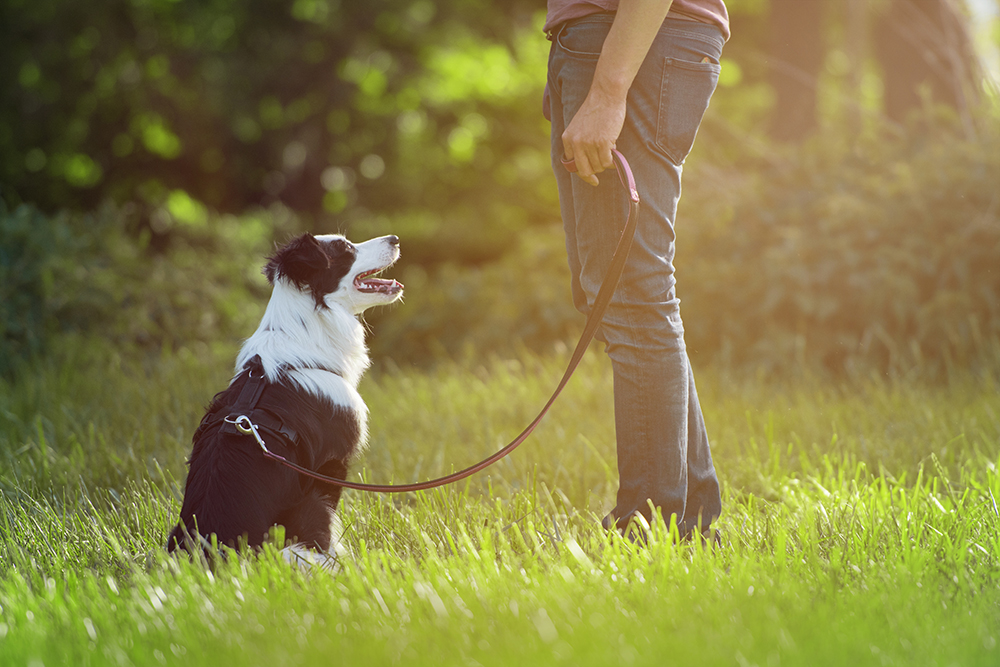
The first thing you want to do is make use of some basic commands. Whether your dog is a working dog or a family pet, every herding dog should know a few basic commands. Try starting with the “come” command, which will stop your dog in their tracks when they go to nip someone. Telling the dog to “sit” or “stay in place” will also work.
2. Keep a Look Out for the Triggers
There are cues that indicate your dog is on the verge of nipping at someone. If you can spot them, you’ll be able to stop your herding dog before they start to nip someone to begin with.
Some of the most common triggers include kids running around together or cyclists riding by the house. If you see your dog get excited by your kids running or strangers, instruct them to sit and stay before they approach them.
3. Train Slowly and Patiently
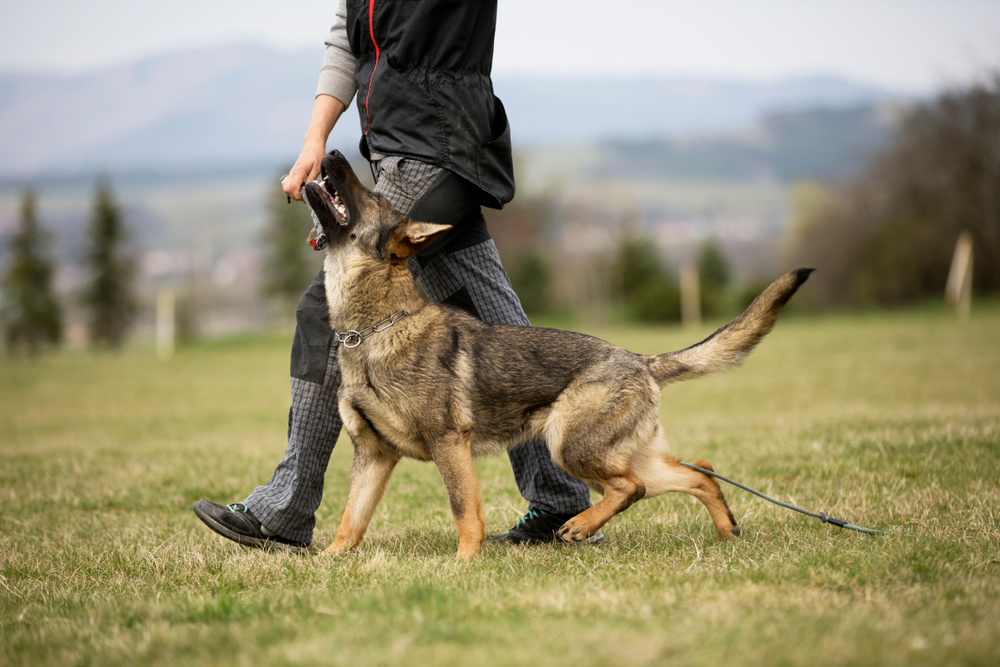
It’s best to train slowly, patiently, and consistently when it comes to weeding out the nipping instinct in your herding dog. You need to maintain dedicated training sessions using positive reinforcement if you want to stop your dog from nipping and biting.
Never have training sessions that last over 15 to 20 minutes to keep your dog engaged. You can increase the length later on but start slowly.
4. Keep a Toy at the Ready
It’s important to keep toys on hand to distract your dog when you’re in the park, on walks, or even in the backyard with friends and family. If the dog starts to show intent to nip or bite someone, you can distract them with a favorite toy before the behavior even begins.
5. Try Ignoring the Behavior
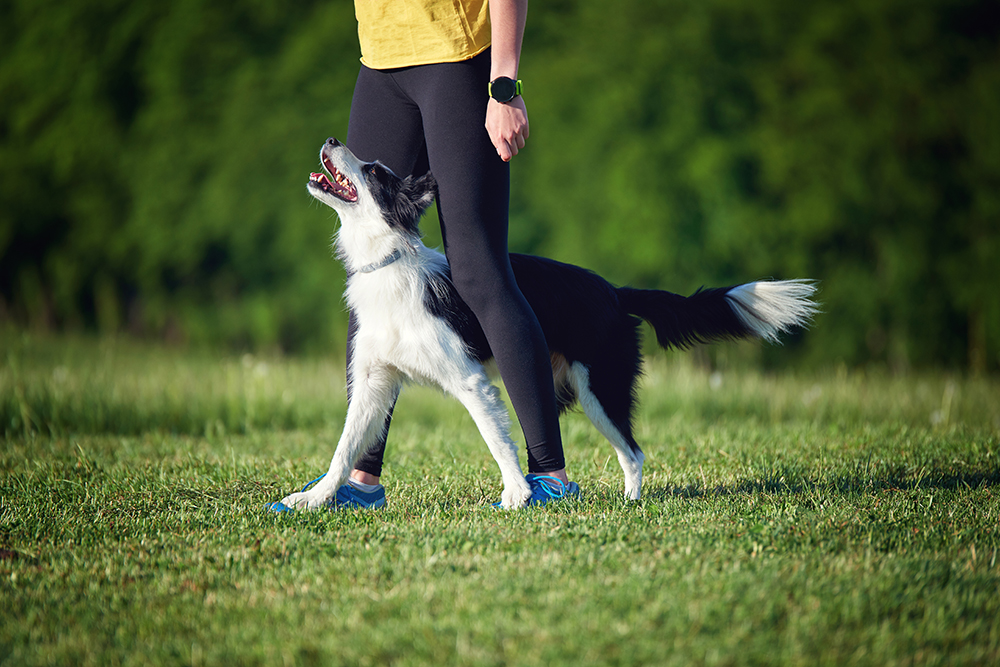
If your dog is nipping you, you could try ignoring it when it first happens. Many times, a herding dog will think that it’s a game if you acknowledge the behavior. Ignoring your dog when he goes to nip will teach them that they aren’t going to get your attention that way, and they may stop all on their own.
6. Try Socializing Your Herding Dog
Helping your herding dog overcome their instinct to nip often requires safely exposing them to more people, kids, and other pets, but in a controlled and supervised manner. Take your dog to the park, around friends and family, and anywhere else where they’ll be in a social situation, but keep them on a leash. This is easier if you’re raising the dog from a puppy, but it can still be done just as well with an adult. When your pup engages in several games with other dogs and people, they’ll slowly learn there are other ways to participate besides nipping.
7. Use Patience and Positive Reinforcement
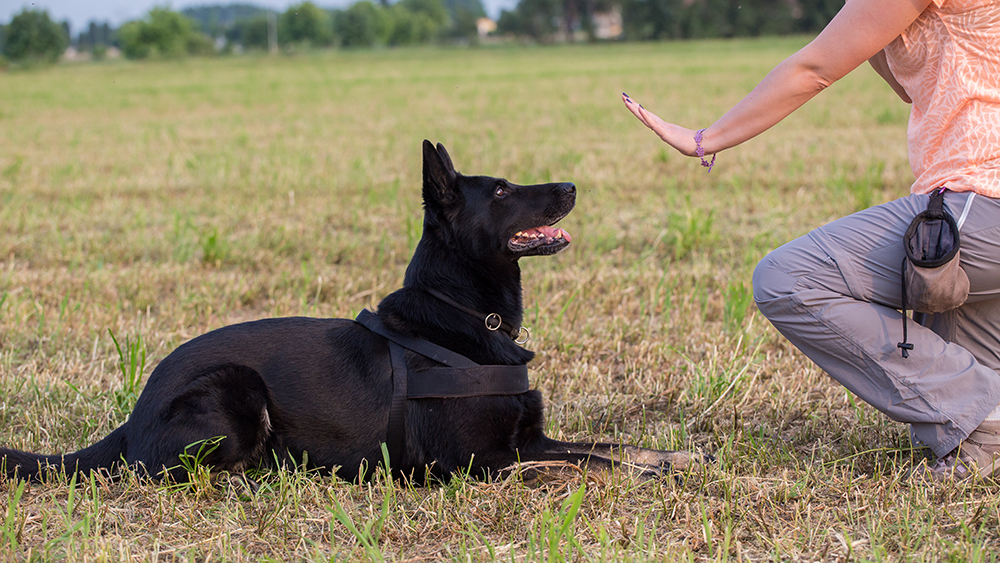
Patience and positive reinforcement are vital for teaching your herding dog not to nip. It’s best to keep treats on hand when you’re training and even when you’re not, so you can treat the dog when they don’t nip at anyone in social situations. Never yell at, hit, or punish your dog in any way if you want to stop the nipping, as this could end up making it worse. Instead, you can try using a “no” bark: a short, sharp command in a deep voice that sounds like a growly bark that interrupts the unwanted behavior and gives you a chance to redirect them.

Conclusion
If you have a herding dog and they’ve never been around many children, guests, pets or others in your home, the nipping behavior can be scary for everyone involved. The last thing you want is for someone to be bitten by your pet.
When herding dogs see a disorderly group or get overly excited by being placed in busy and overwhelming situations, they want to restore order, and nipping and biting is how they control farm animals and may be a way for them to burn off excess energy. If you have a herding dog, they’ll be easier to train and socialize when they’re young. However, you can train an adult, but it just takes more time and patience. Seek professional canine behaviourist help in order to redirect and minimize the behavior safely and effectively.
Featured Image Credit: Melounix, Shutterstock



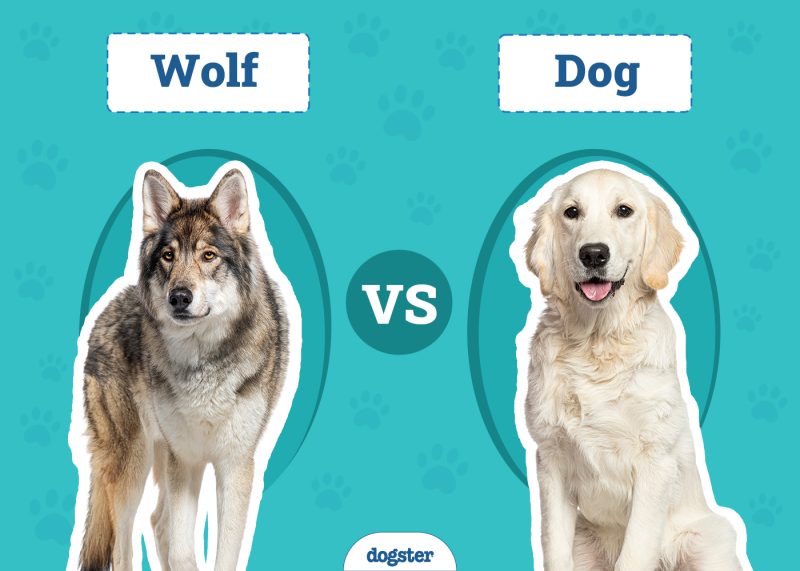
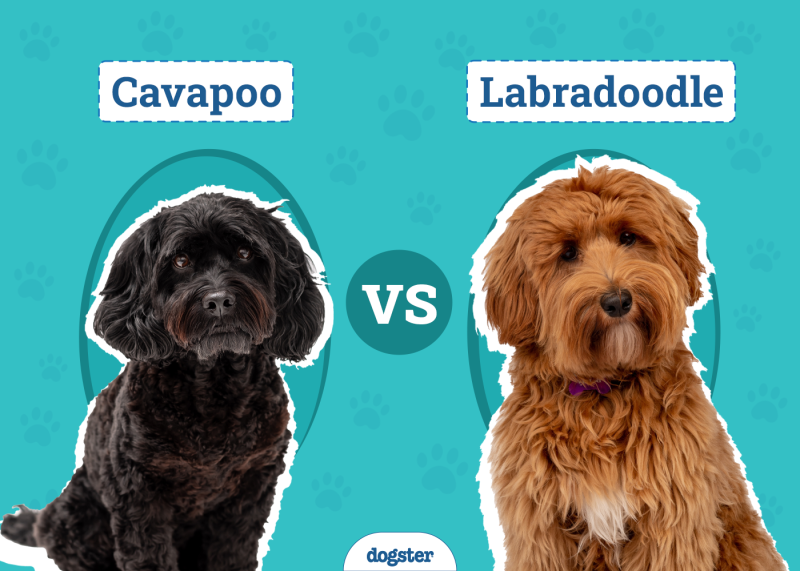

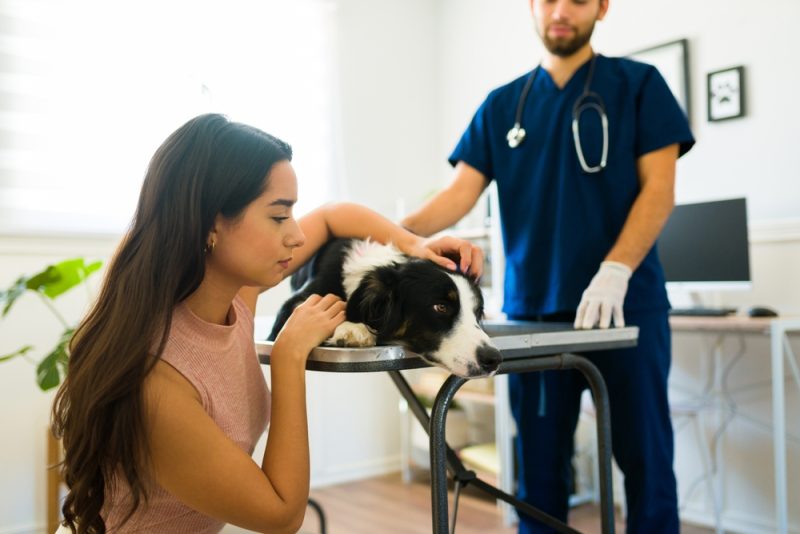
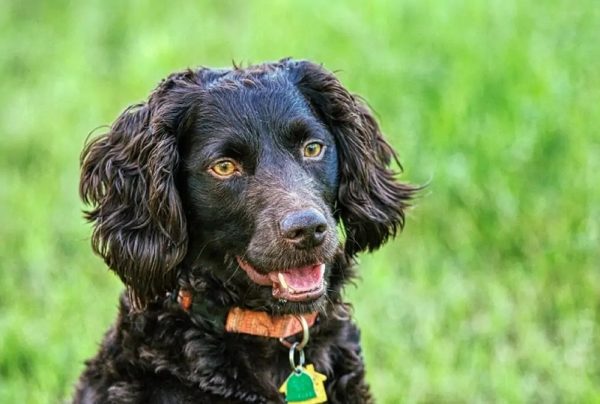
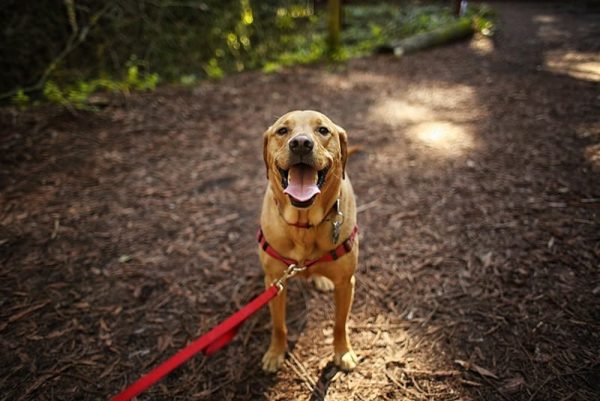

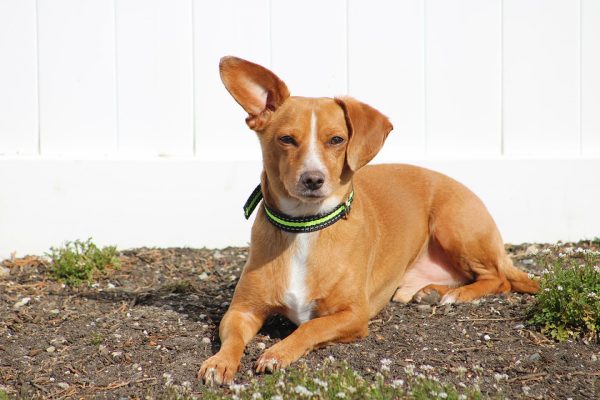
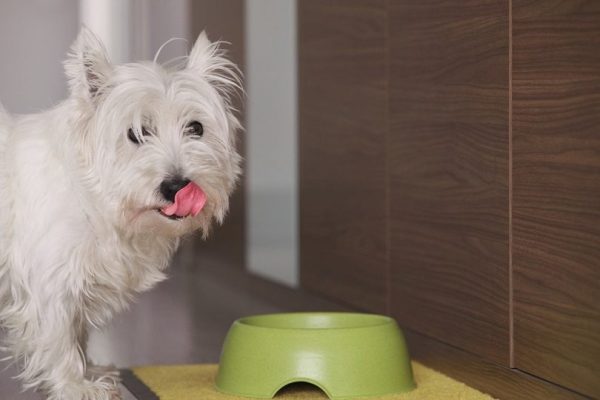
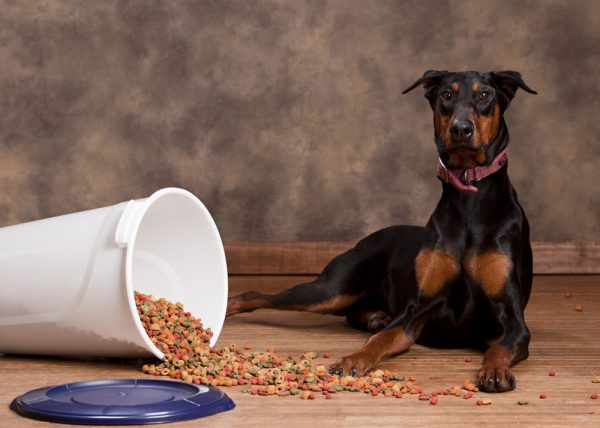








2 Responses
We rescued a foxhound /beagle mix ~8 mon. ago, and he's now a 1+. He's very smart, but very strong-willed. Nipping and grabbing is a game to him which results in nasty scratches on us. We're elderly, and do our best to do positive reinforcement training. However, he only responds when he wants to. Otherwise, he just ignores us and thinks it's all a game. He was obviously abused by his former owner, so it's taking a lot of work to obtain his trust. That makes training even more difficult. A loud, sharp NO or STOP, and he shuts down or acts out even more. We live in a very rural area with not much interaction with people or pets. He wants to chase the equines and has killed several small, wild animals. There is no way to stop him once he gets a scent. What can we do?
Hello Sheryl,
thank you for reaching out to us with your question. First of all we are sorry to hear about the issues with your Foxhound Beagle mix. Adopting a dog that had some previous bad experience is always tricky as it might lead to behavioral problems, as you mentioned yourself. However, that doesn't mean there is no solution to this.
In your situation, when you already tried some options and you live in rural area, I would recommend you booking a video-call appointment with professional veterinarian from www.Pangovet.com.
In 20-minute video call you can ask the veterinarian all the questions you may have and they will help you figure out the best way to address this issue and stop the nipping.
Hope this helps!